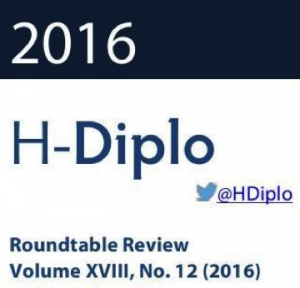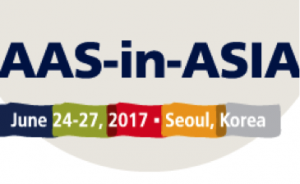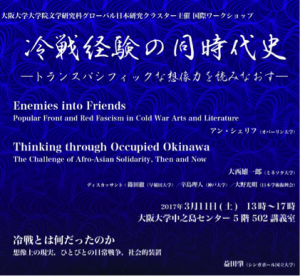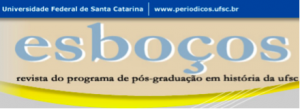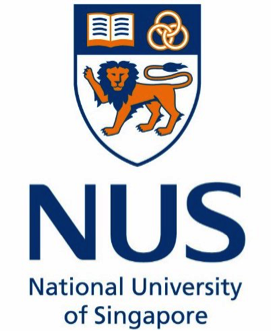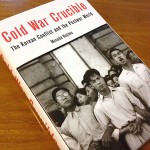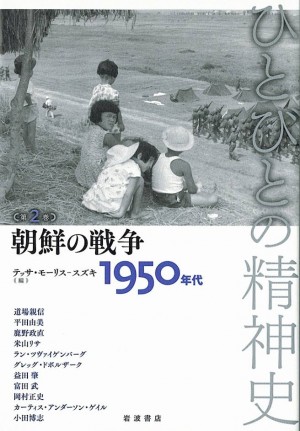Top page: “This is a wonderful book that will certainly be widely quoted and incorporated into a large set of literatures on the Cold War. […]. No other scholar would have even attempted such a wide ranging monograph backed up with such a range of primary sources. The attention that the book will undoubtedly receive is entirely merited, and its arguments will set the standard for quite some time to come.” —Julia C. Strauss (SOAS, University of London)
Who is Asian? What is Asia? What defines who is Asian and what is Asia? What is community? What makes community possible? The idea of Asian Community can be a double-edged-sword, as it, at least on the surface, promises a more peaceful and prosperous Asia, while at the same time contributing to the perpetuation of die-hard colonialism and obstinate identity politics.
『冷戦とは何だったのか:想像上の現実、ひとびとの日常戦争、社会的装置』:冷戦についてこれまで多くのことが語られてきた。何百冊という書物が世界中で書かれ、多く学派が形成され、さまざまな側面が議論されてきた。しかし、その多くがもっとも単純で、根本的な問題を正面に据えることはあまりなかった。そもそも冷戦とは何だったのか。
A little more than a quarter of century has passed since the Cold War ended. As the frenzy associated with it now appears odd, if not surreal, the nature of inquiry cannot be the same. It’s time to change our ways of thinking about the Cold War. To this end, we are co-editing a special issue of The Esboços, one of the leading historical magazines in Brazil on “Many Cold Wars: Re- conceptualizing the Post-WWII World.
Assistant Professor Masuda Hajimu (Department of History) was recently granted the FASS Award for Promising Researcher (APR). This award is presented to researchers who have produced research that shows potential impact and promise.
Masuda Hajimu’s research focuses on the modern history of Japan and East Asia, the history of U.S. foreign relations, and the social and global history of the Cold War. A former journalist for Mainichi Shinbun and the author of articles in Foreign Policy, Diplomatic History, Journal of Contemporary History, and the Journal of Cold War Studies, he has analyzed the evolving power of the people in the modern world, regardless of any political spectrum, with particular attention to intersections between war and society and politics and culture in the mid-20th century. His first book, Cold War Crucible: The Korean Conflict and the Postwar World, published by Harvard University Press in …
“What Was the Cold War? Imagined Reality, Ordinary People’s War, and Social Mechanism”: This article draws on and extends parts of Chapter 8 and 9 concerning Japan’s Red Purge and China’s Suppression of counterrevolutionaries.
“What was the Cold War? Masuda Hajimu argues that it was more than an international confrontation between West and East blocs. It was also a social mechanism of purity and ordering at home, in the chaotic post-WWII world.”
Cold War Crucible: The Korean Conflict and the Postwar World (Harvard University Press, 2015); “The Social Experience of War and Occupation” in The Cambridge History of Japan, Vol. III (2022).

